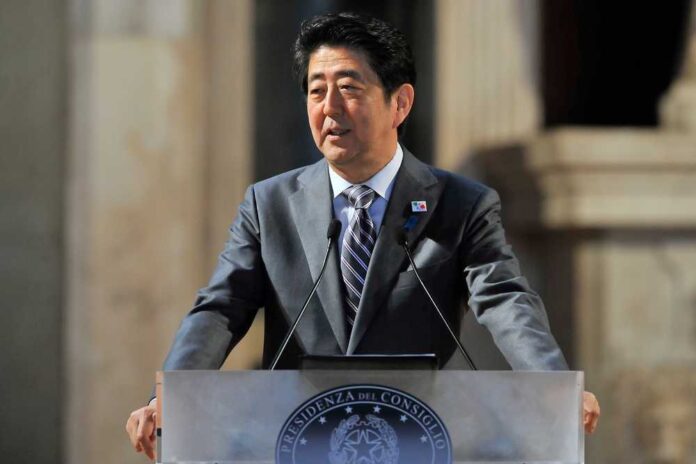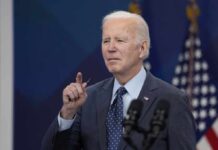
The man alleged to have assassinated former Japanese Prime Minister Shinzo Abe has been slammed with a murder, months after the shooting of the ex-Japanese prime minister while delivering a campaign speech in western Japan.
Japanese prosecutors indict suspect accused of killing former PM Shinzo Abe for murder and violation of gun control laws pic.twitter.com/xHj12ozX0X
— TRT World Now (@TRTWorldNow) January 13, 2023
Tetsuya Yamagami, accused of shooting Abe with a homemade gun in July, will stand trial for murder and a gun charge, according to the Nara District Court. Yamagami’s charges come after a prolonged mental examination to ascertain whether Yamagami is fit for trial.
There is no trial date yet. However, both a panel of civil jurors and bench judges are expected to take charge of the courtroom. The alleged shooter could face the death penalty if found guilty of the crime. Experts say a life sentence is a more likely outcome.
According to police reports, Yamagami said Abe’s presumed connection with the Unification Church influenced his killing. Yamagami expressed hatred for the church based on his mother’s large financial donations, and its influence on the public square is controversial in Japan.
In addition to the current charges, Yamagami could also be charged for using weapons and explosives, as well as charges relating to building damages.
The police chief of Nara, the city where Abe was assassinated, Tomoaki Onizuka, took responsibility for the security issues that enabled the killing of the famous leader.
“It is undeniable that there were problems with the security for former prime minister Abe, and we will immediately identify the problems and take appropriate measures to resolve them. After the first report of the incident came at 11:30 a.m., and the situation was revealed, it was the height of the guilt and regret I’ve felt in my 27 years in law enforcement,” Onizuka said in a statement, adding that the weight of his responsibility may be becoming burdensome.
Abe was the longest-serving prime minister in Japan’s history and was widely regarded by world leaders, including President Biden, who called the news devastating a blow to the people of Japan.
Taiwan President Tsai Ing-wen also didn’t hold back his disappointment in the loss, claiming that the nation had lost a close friend. Abe has been intentional about the need to support Taiwan in recent years.













